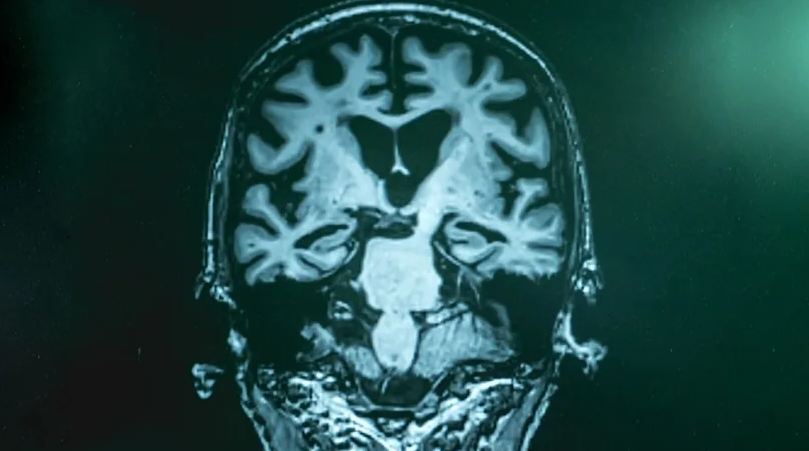A recent Swedish study has identified a surprising urinary pattern that could serve as an early warning sign for dementia. Researchers found that elevated protein levels in urine specifically albuminuria were linked to a substantially higher risk of developing dementia over time. In fact, individuals with moderate albumin levels were 25% more likely to develop dementia, while those with high levels had a 37% increased risk compared to people with normal levels.
The team tracked more than 130,000 adults aged 65 or older in Stockholm who began the study without dementia. Over four years, about 7% of participants went on to develop dementia.
What Exactly Did They Discover?
The study focused on albumin levels in the urine, measured in milligrams per gram (mg/g). Those with values between 30–299 mg/g had a higher dementia risk, and levels beyond 300 mg/g were even more strongly associated with disease. Interestingly, one of the more noticeable urinary symptoms tied to elevated albumin was foamy urine—a frothy appearance reminiscent of beer foam. Other possible indicators included swelling in areas like the ankles, face, or abdomen, as well as more frequent urination. The researchers observed that the strongest link was between albuminuria and vascular dementia, the subtype associated with impaired blood vessels in the brain.

The Kidney–Brain Connection
At first glance, the kidneys and brain might seem unrelated. However, both organs rely on intricate networks of tiny blood vessels. Damage in the kidney’s filtration system can mirror or foreshadow damage in cerebral vessels, which are crucial for healthy brain function.
Dr. Hong Xu of the Karolinska Institute emphasized that regular screening for high albumin in urine may help identify individuals at elevated risk of dementia—especially those with conditions like hypertension, diabetes, cardiovascular disease, or chronic kidney disease. The study’s authors propose that routine testing for albuminuria be added to dementia risk assessments, in hopes that early detection might allow prevention or delay of onset.
Limitations and Considerations
It’s important to note that having high albumin levels in urine does not guarantee someone will develop dementia—rather, it signals an increased likelihood based on statistical associations. Additionally, urinary changes can stem from many other causes: hydration levels, infections, or kidney dysfunction unrelated to brain health. Thus, context and further medical evaluation are critical. Since the study was observational over a span of four years, it cannot definitively prove cause and effect. It remains possible that kidney damage and brain degeneration share common underlying processes, rather than one directly causing the other.

What It Means for Early Detection
This research presents a promising, non-invasive marker for identifying those at higher risk of dementia before cognitive symptoms emerge. Urine tests are relatively cheap, safe, and easy to perform—making them ideal candidates for broader screening in older adults or in vulnerable populations. As more work is done to validate these findings, physicians might begin integrating regular checks for albuminuria into standard health assessments, particularly for individuals already dealing with kidney, heart, or metabolic conditions. If confirmed through further research and longitudinal studies, urinary signals like albuminuria could become a valuable tool in the fight to detect dementia earlier—and possibly intervene sooner.

















